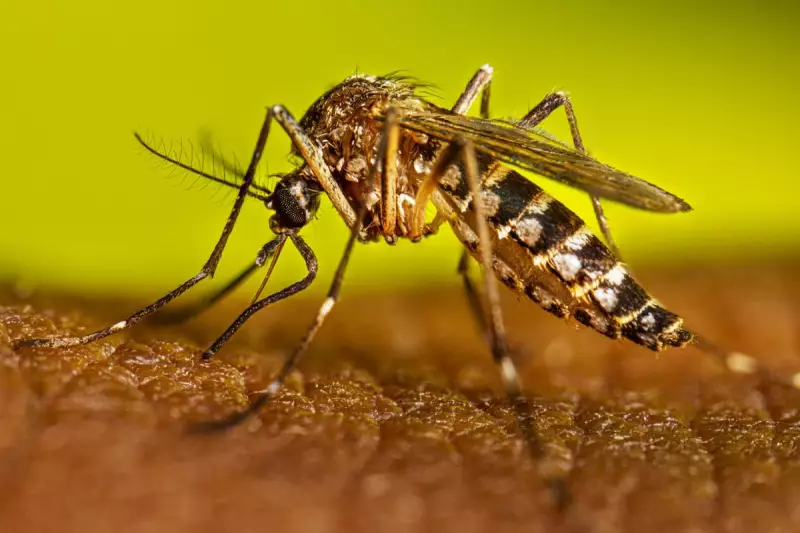
Health authorities in Southern California have sounded the alarm as aggressive tropical mosquitoes capable of transmitting deadly diseases have established breeding populations across the region. The invasive insects, which first appeared in the area last year, are now multiplying at an alarming rate.
A Growing Public Health Crisis
The mosquitoes in question are the Aedes aegypti and Aedes albopictus species, notorious for spreading dangerous illnesses including dengue fever, yellow fever, chikungunya, and Zika virus. Unlike native mosquito varieties, these invaders are particularly aggressive daytime biters that can breed in surprisingly small amounts of water.
Susanne Kluh, general manager of the Greater Los Angeles County Vector Control District, expressed serious concern: "We're dealing with a significant public health threat. These mosquitoes aren't just a nuisance - they're potential disease carriers that have adapted perfectly to our urban environment."
Why These Mosquitoes Are Different
What makes these mosquitoes particularly dangerous is their behaviour and breeding habits:
- Daytime activity: They bite aggressively during daylight hours, unlike most native species that are active at dawn and dusk
- Stealth attacks: They approach from below and target ankles and legs, making them harder to detect
- Minimal breeding requirements: They can reproduce in as little as a bottle cap of standing water
- Multiple bites: A single mosquito can bite multiple people in quick succession
Protection Measures and Public Response
Vector control districts across affected counties are implementing emergency measures and urging residents to take immediate action. Key recommendations include:
- Eliminate all standing water around properties weekly
- Use EPA-approved insect repellents containing DEET, picaridin, or oil of lemon eucalyptus
- Wear long-sleeved shirts and trousers when mosquitoes are active
- Ensure window and door screens are properly fitted and maintained
- Report daytime biting mosquitoes to local vector control authorities immediately
The situation has become particularly concerning as climate change creates more favourable conditions for these tropical species to thrive in what were once less hospitable regions. Health officials warn that without concerted public effort, these disease-carrying mosquitoes could become a permanent and dangerous feature of California's ecosystem.





